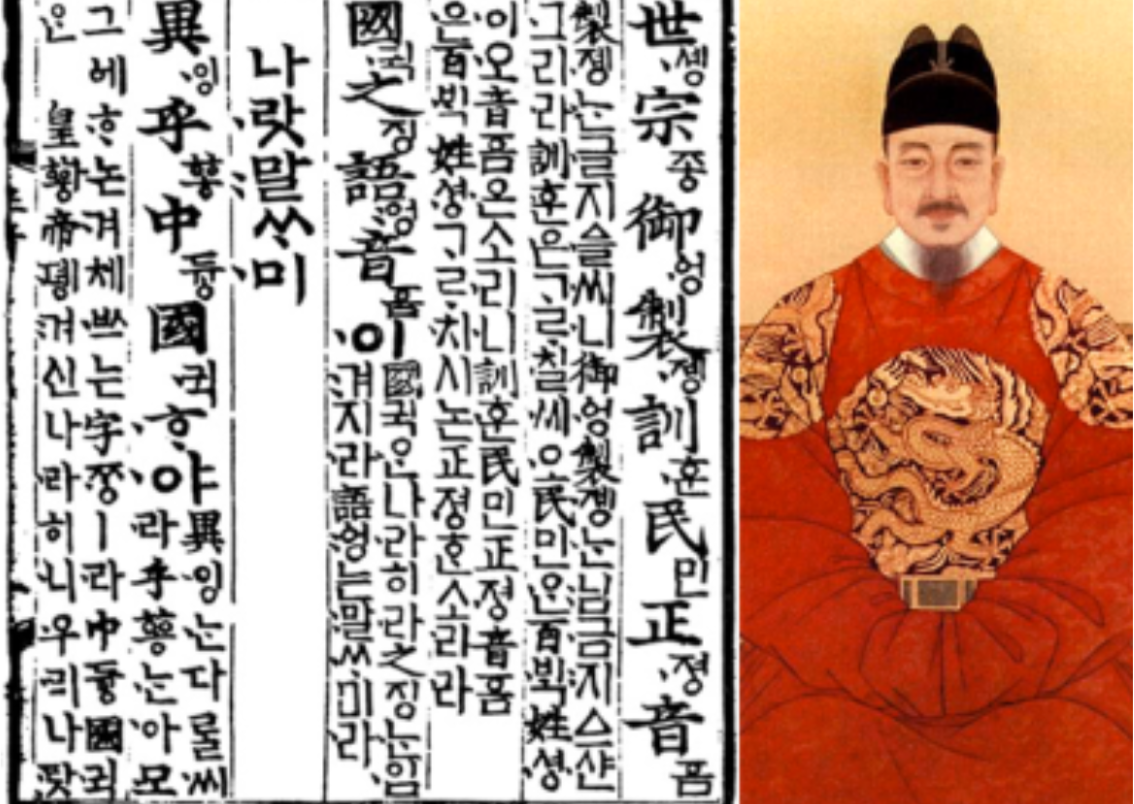Every October 9, South Korea celebrates Hangul Day as a moment to honor the creator of the Korean alphabet. King Sejong invented Hangul in the 15th century to make reading and writing easier, but beyond that, there are fun facts that make this writing system unique.
-
Hangul is one of the youngest alphabets in the world.
Created in 1443 by Sejong the Great, the alphabet was created to increase literacy. While many alphabets evolved over thousands of years, this alphabet is young compared to scripts like the Chinese characters or the Latin alphabet.
-
Hangul was once banned
Not just once, but Hangul was banned twice. It was once banned by King Yeonsangun as commoners used it to criticize him via public posters. It was also banned during the Japanese occupation, where publications in Korean were prohibited as a form of cultural suppression. Today, Hangul serves as a symbol of Korean identity and pride.

-
It was designed with science in mind.
Hangul is made up of 24 basic letters, 14 consonants, and 10 vowels, and is often called the “most scientific alphabet.” The letters and consonants mimic the articulation of one’s tongue, mouth, and throat that is used to produce the sound. The vowels are designed around simple lines that represent the concepts of Yin (Earth) and Yang (Heaven).

-
The most logical and accessible writing system.
Many linguists consider Hangul the most logical and accessible writing system. Hangul has a clear structure that makes it easy to learn, and people say you can grasp the basics within a day.
-
UNESCO celebrates Hangul with an award
UNESCO, known as the United Nations Educational, Scientific, and Cultural Organization, sponsors the UNESCO King Sejong Literacy Prize. It is given to organizations that make contributions to the use of mother-tongue literacy around the world.

This Hangul Day goes beyond communication, but is a remembrance of its cultural symbol of Korean identity and accessibility.
Happy Hangul Day!



Leave a comment